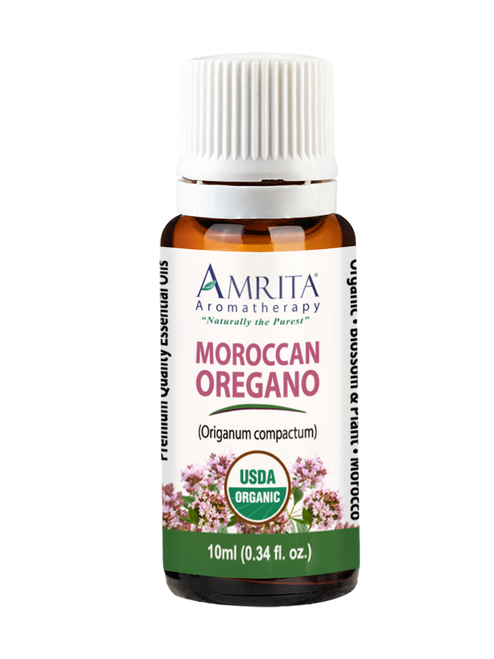-
Useful Essential Oils
Which essential oils are effective for psoriasis?
The following essential oil has traditionally been used for psoriasis:
- Oregano essential oil – Dilute to a maximum of 1% in a carrier oil (5 drops per tablespoon) and apply to affected areas.
Ideally, it should be diluted with a carrier oil that is also good for psoriasis such as Avocado oil.
Some have also said they found Helichrysum essential oil useful. To use it for psoriasis, dilute it 2% in flax or Rosehip Seed Oil (10 drops per tablespoon) and apply to affected areas.
Learn more about aromatherapy or see our how to use essential oil videos.
-
About the Condition
What is psoriasis?
Psoriasis is a common skin disease. Its name comes from the Greek word "psora" which means to itch. However, although not all people find their psoriasis itchy, it generally is. Some also find it painful. It is thought to be an incurable non-contagious disease which persists although it can sometimes disappear and then reoccur. The psoriasis patches are generally red and scaly, and they can occur in a few localized patches or spread to cover most of the body. Unlike eczema, it's more likely to be found on the outer side of the joint. Sometimes, the patches can be mistaken for other conditions such as ringworm, but by doing a skin scrape and analysis, doctors can determine if it is psoriasis or not.
There are five main types of psoriasis. Some are more localized than others. Any body part can be affected such as the skin, scalp, nails and so on. It can even be fatal in rare cases where the widespread inflammation and exfoliation of skin cells prevents temperature regulation and barrier protection.
It is not purely a skin disorder, as it can affect other organs and increase a person's risk of contracting other diseases. For example, up to 30% of people with the condition also develop what is termed "psoriatic arthritis."
What causes psoriasis?
Although the exact cause is not known, some believe it is created by the immune system mistakenly thinking it needs to produce new skin cells in response to a pathogen (which doesn't exist). Some think there is a genetic component.
There may be various triggers for the condition, but these don't seem to be the same for everyone. Some people have developed the condition after they contracted another condition. Others find their condition worsens due to stress, showering in hot water, becoming overheated, being exposed to chemicals such as chlorine in swimming pools, changes of climate and so on.
-
Other Treatments
What are conventional medical treatments for psoriasis?
As there are no cures for the disease, medications are prescribed to help lesson the symptoms. Milder forms of the condition are generally given topical treatments such as corticosteroid skin creams.
More advanced stages of the condition are sometimes also given photo-therapy treatment. Sunlight is thought to be beneficial as long as it isn't so much as to cause sunburn. Special lamps, which provide special wavelengths of light, were sometimes used in combination with a special drug, but this treatment isn't used as much nowadays, because it was found to increase the risk of developing skin cancer.
In more severe cases which don't respond favorably to these two forms of treatment, oral medications and sometimes injections are prescribed. Some of the same drugs used in chemotherapy are sometimes given. These generally work on the immune system itself and can be non-biologic systemic treatments or expensive biologics. People taking these drugs have to be monitored closely for their toxic effects on the blood and liver. The side effects can be very severe. These treatments can't be given to pregnant women.
What are alternative treatments for psoriasis?
Some studies have shown that aloe vera can be helpful. Other studies have shown that fish oil supplements can also be beneficial in some cases.
Some find that baths with epsom salts, dead sea salts, oil, or oilated oatmeal remove the scales and reduce the itching.
One study showed that applying cream containing capsaicin (from peppers) relieved itching and skin lesions in some people.
Although there are no conclusive studies, there are many that claim that herbal supplements and special diets such as detoxification / cleansing diets, organic vegan food diets and Ayurvedic diets and herbs have been helpful.
Some find that reducing stress by practicing meditation techniques, yoga, breathing techniques and by applying or diffusing certain essential oils can help. Others find that making sure they don't shower in hot water or allow themselves to become overheated (e.g. by avoiding down comforters and so on) helps them. Others find avoiding using soap and avoiding being exposed to chemicals such as chlorine in swimming pools or by doing the washing up and so on helps. Some find a change of climate or sea air helpful.
As it isn't just a skin condition, obviously, the more positive lifestyle changes you can make, the more likely you are to become healthier on all levels and reduce the symptoms of this disease as well.
Of course, essential oils traditionally have also been used for psoriasis. See the Useful Essential Oils tab for more information.


